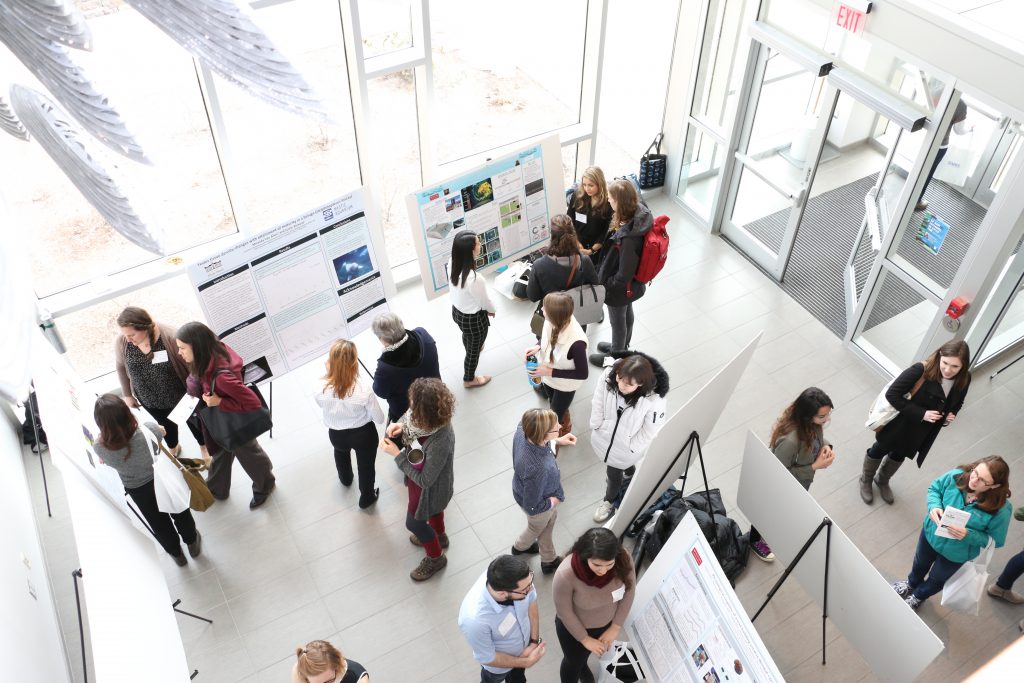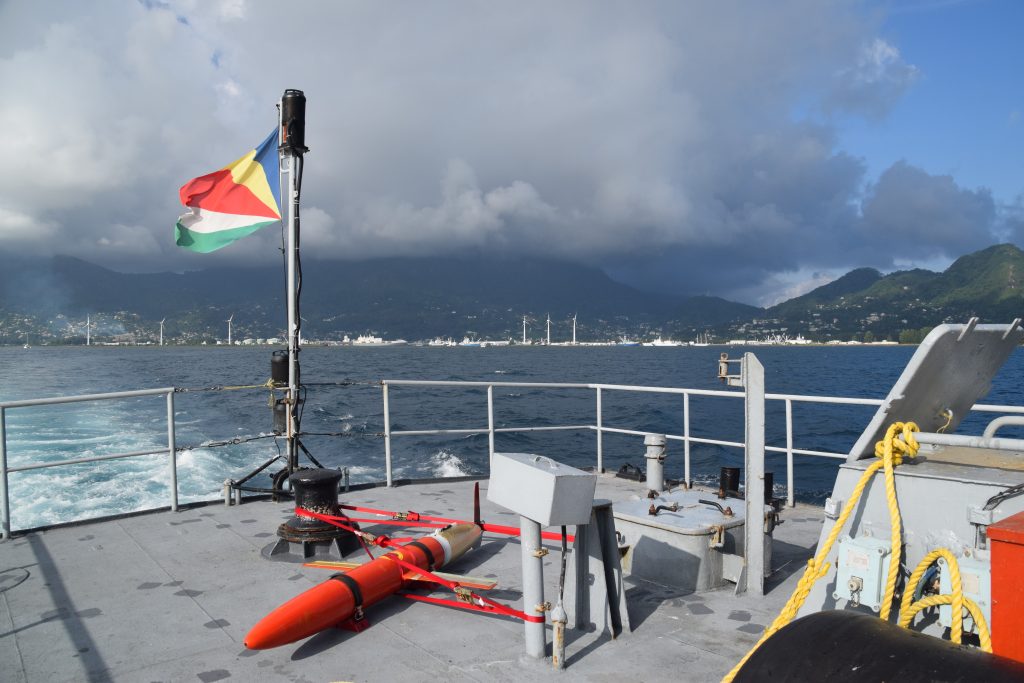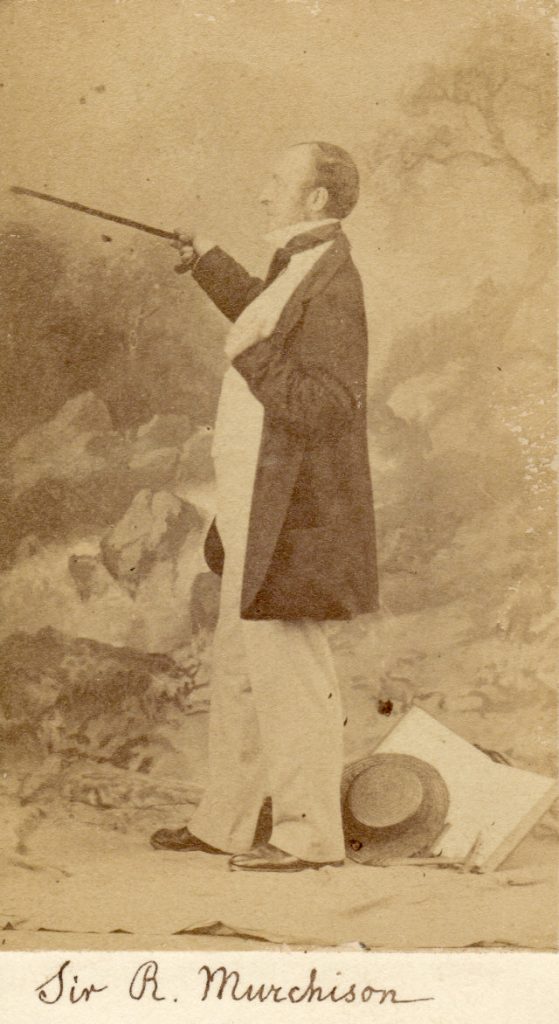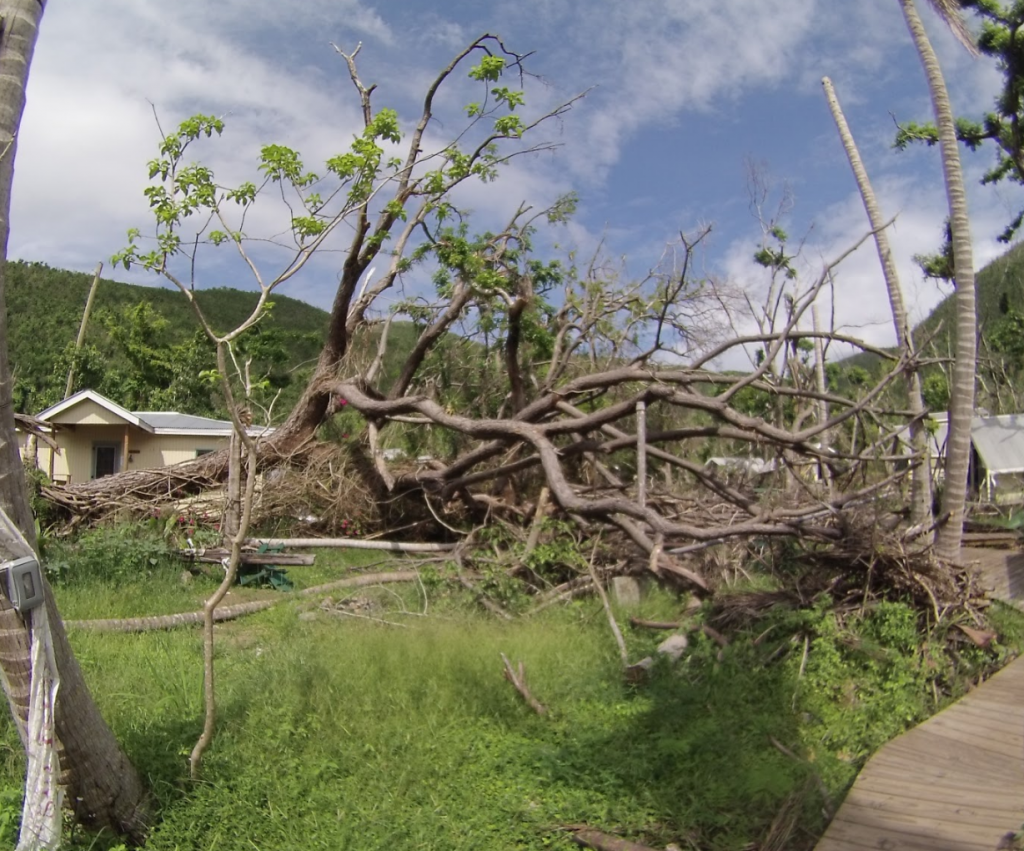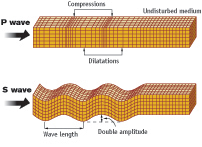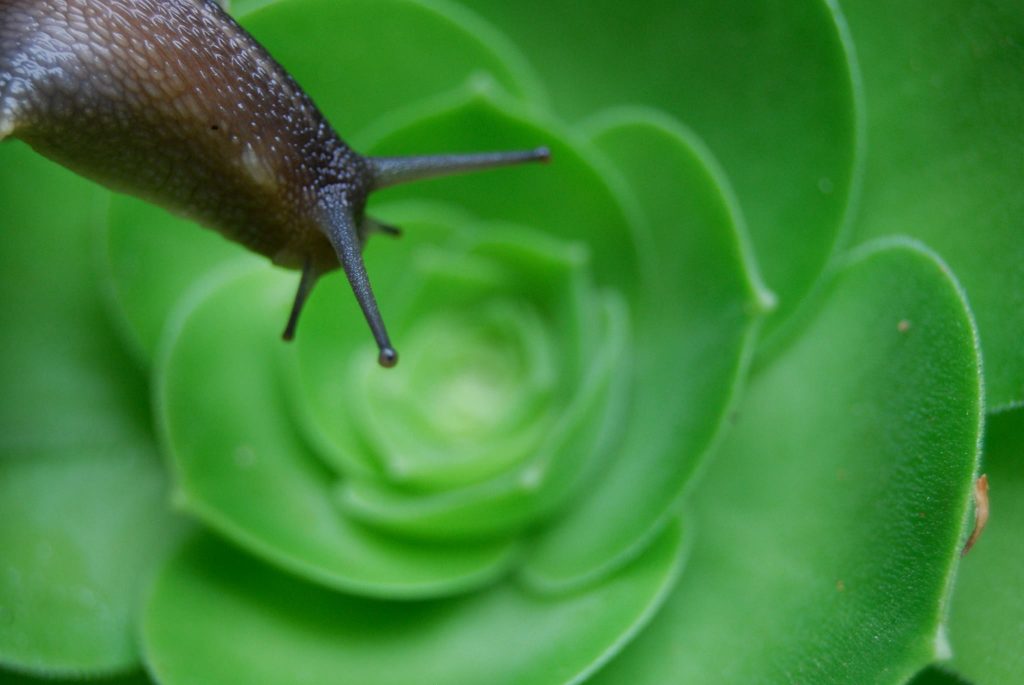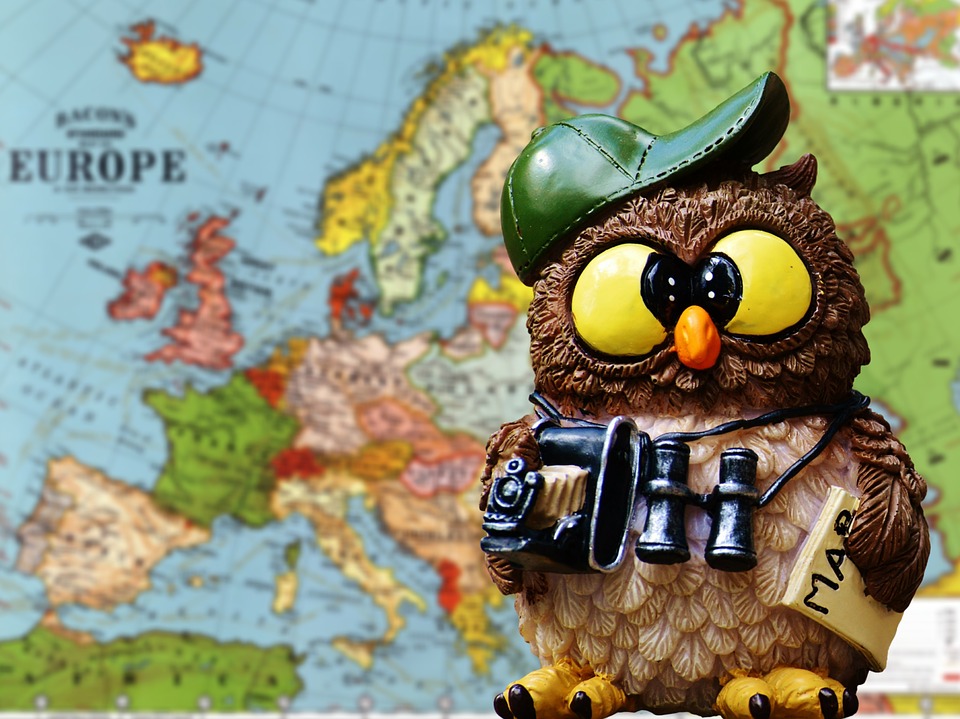Blog
Children, your greatest [carbon] legacy
Written by: EeShan Bhatt “Minus one” I look towards my partner and direct her attention to some news coverage on the recent IPCC (Intergovernmental Panel on Climate Change) report. It details that the world has already warmed one degree Celsius relative to temperatures before the Industrial Revolution, and significant action is needed in the next…
Read MoreOpen Access Science
Written by: Lauren Dykman “We believe in the power of research to improve the world. Sharing the fruits of research is a multiplier effect on that power of research. Open access is about increasing that multiplier, and much more.” These words by MIT Open Access Task Force undergraduate representative Herng Yi Cheng kicked off the…
Read MoreNavigating a sea of choices: SWMS Symposium
Written by: Christina Hernandez On Saturday, March 24, 2018, the campus of the University of Rhode Island Graduate School of Oceanography (URI GSO) was host to approximately 150 scientists for a symposium of the Society for Women in Marine Science (SWMS). The symposium was titled “Navigating a sea of choices in marine science” and focused…
Read MorePerks and challenges of international fieldwork: A glider deployment in the Seychelles
When I started working on a project investigating the Gulf Stream, little did I know that one day my job would bring me to the Seychelles. I knew that most of my PhD work would be focused on the North Atlantic, so dreaming of a trip to these lush, remote little islands in the Indian…
Read MoreThe erstwhile king of Siluria
A planet shrinking over a few thousand years, wrinkling like an apple. Vast underground caverns filled with seawater that rises to the surface to form oceans. Volcanic eruptions powered by coal beds. All of those sound like ridiculous ideas in this day and age, but just a few hundred years ago, they represented some of…
Read MoreDiving in the wake of a hurricane
Written by: Genevieve Flaspohler About the author: Genevieve Flaspohler is a PhD student in Electrical Engineering and Computer Science in the MIT-WHOI Joint program. She is a member of the WHOI Autonomous Robotics and Perception Laboratory (WARPLab) and researches machine learning and computer vision algorithms for autonomous underwater vehicles (AUVs). She is especially interested in…
Read MoreA brief history of the Wide Receiver Functions
Back in 2015, when my cousin set up a fantasy football league for my extended family, I named my first (and only) fantasy football team the “Wide Receiver Functions.” At the time I thought this was rather funny, but I was the only seismologist in the league, so instead of laughter I got confusion. Wide…
Read MoreFollowing snails around the world
Written By: Lauren Dykman Many scientists can link their research interests or career trajectory back to a childhood fascination. The ability to recognize beauty and intrigue in the mundane and every-day is a talent strongest in childhood, and many scientists seem to maintain this ability throughout life. Such a childhood fascination struck me when I…
Read MoreOnce upon a time, scientists were told they should tell stories…
If you’ve ever been to/heard/read/seen/smelled even the most basic talks on science communication strategies the one thing you’ve probably been told (over and over) is to tell stories. Perhaps I was born without the apparently universal intuition for what a “story” should be, but I always find it incredibly frustrating that many times the…
Read MoreThe Superb Owl
JP’ers were too enthralled searching for the Superb Owl this weekend to write a blog post. Turns out we found some eagles instead… We’ll be back next week!
Read More

